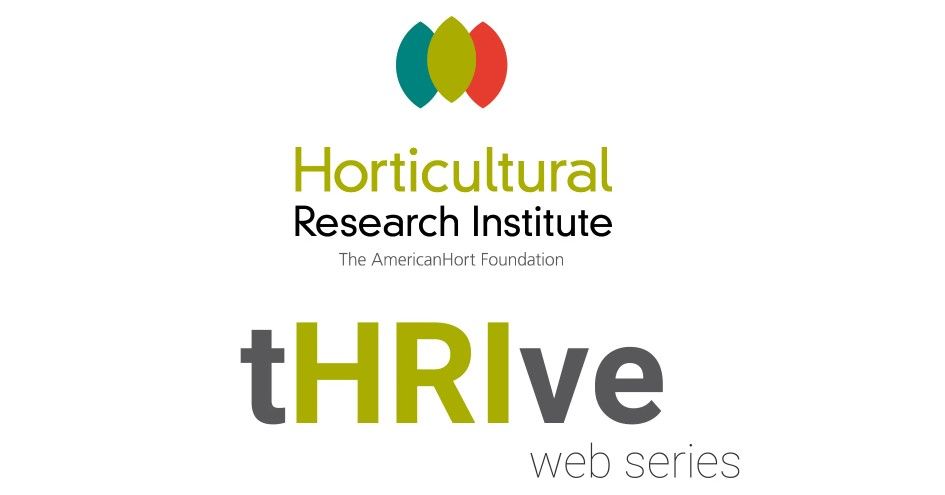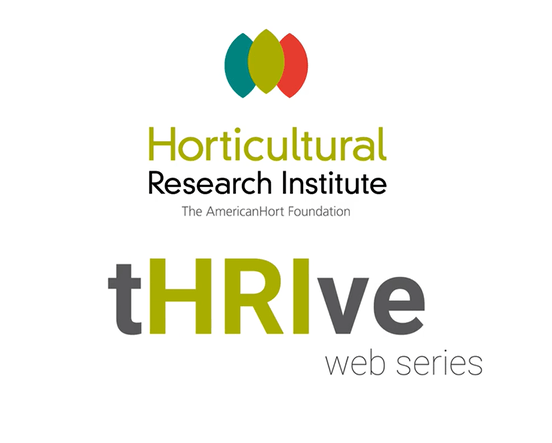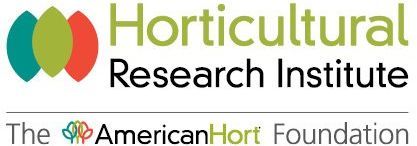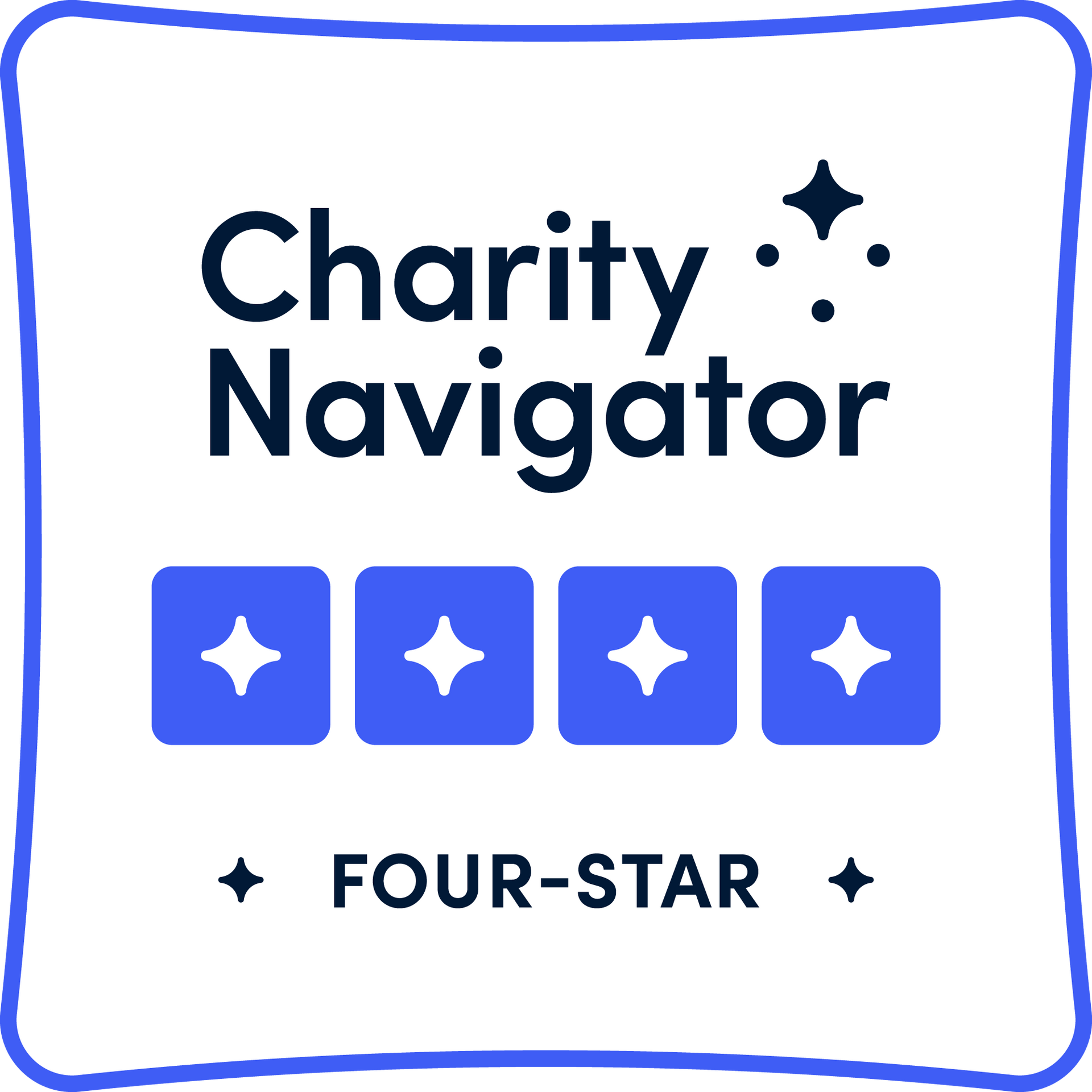tHRIve - WEB SERIES
Horticultural Research Institute helps you tHRIve with a new web-based series featuring key research findings. The tHRIve series covers research that is directly funded by HRI as well as research that is federally funded.
In announcing the new tHRIVe web series, HRI President Gary Knosher said, “HRI was created to improve the horticultural community through research that addresses critical issues and new innovations. HRI trustees recognize that research is critical to help our industry succeed and grow, and sharing new findings is part of that equation. I’m excited to be part of this focus of using videos not only to share new research but also to engage our community in another way.”
HRI supports research and outreach efforts that prepare the horticultural industry for challenges and opportunities for business success. Connecting the industry to the research is a key component in that endeavor. New tHRIve sessions will be posted throughout the year, with all content available online for free at any time. The tHRIve sessions will offer everything from bite-sized research clips to researcher interviews to short webinars to live Q&A with researchers.
The Horticultural Research Institute’s mission is to direct, fund, promote, and communicate horticultural research. The creation and launch of the tHRIve web series is another example of how HRI works to connect the industry to research-backed innovation.
Upcoming tHRIve Web Series
Weed Control in Propagation: Sanitation, Mulches, and Pre-emergence Herbicides
Mar 4, 2026 01:00 PM ET
Weed infestations can begin in propagation then persist through the production cycle. Sanitation practices prevent the spread of weeds into propagation areas, while mulches and pre-emergence herbicides are used to suppress weed seed germination and growth during propagation. Explore best management practices for preventing weed infestations in greenhouse and nursery propagation systems. In this session, growers will learn about mulch products and pre-emergence herbicides that can be safely used in cutting and seedling propagation to reduce labor costs associated with hand weeding.
Understanding Why Rose Rosetting Disease Appears in Distinct Regions of a Shrub Rose Plan
Apr 8, 2026 01:00 PM ET
This webinar dives into the problem of rose rosette virus. Shrub roses consist of multiple canes attached to a root system and produce beautiful spring growth in the form of new flowering stems and branches. Experts will provide an overview of how rose rosette virus first attacks flowering growth and can move throughout the stem. At the same time rosette symptoms appear in mature distinct stems of a plant and may be absent from others. The research delves into understanding how the vascular system connects the flowering stems and above ground canes. The research is to understand how virus movement between adjacent stems and only appears to cause disease in a few but not all canes of the same plant. This research is important to explore potential management approaches to safeguard rose.
Soilless Substrate Science - Ushering in the Next Generation of Growing Media
May 13, 2026 01:00 PM ET
Soilless Substrate Science (S3) is a national transdisciplinary collaboration developed to support growers as we advance to the next generation of substrates. Our team is leading North American efforts to develop new substrate materials and techniques, and working with growers to support implementation, as we support the global transition to substrates that go Beyond Peat. In this webinar, Dr. Jeb Fields will discuss the S3 team efforts surrounding identification of new substrate materials, processing and development, and grower support. We will explore wood fiber processing, sugarcane bagasse substrate development, stabilization of organic fibers, databasing substrate materials, and opportunities for growers to get involved. Overall, attendees will learn about US efforts to develop domestically-sourced substrates and advance substrate science as we move towards the next generation of substrate science.
tHRIve Web Series Recordings









IPM Strategies for Invasive Insects from FNRI
Whitefly has emerged as a major insect pest. Whitefly Biotype Q is particularly ominous, as conventional insecticide control options are limited. When Biotype Q was first identified as problematic, it was flagged as a regulatory concern threatening cotton and vegetable production. A collaboration of industry, regulatory agencies, and researchers was able to show that Biotype Q could be contained without restricting the movement of ornamental plants. The studies conducted by Dr. Cindy McKenzie and Dr. Lance Osborne as part of FNRI were critical to in that first effort and continue to improve management strategies.
But whitefly is not the only pest tackled by Dr.’s McKenzie and Osborne. One to two new insect species are identified in Florida every month, and some of these have the potential to become serious pests. These researchers also develop and optimize management guidelines for new invasives as they emerge.


Resilient Plant Research from FNRI
This set of videos focuses on research supported through the Floriculture and Nursery Research Initiative (FNRI) program administered by USDA ARS, the research agency for USDA. FNRI is a noncompetitive, national grants program that greatly benefits environmental horticulture. FNRI plays a critical role in generating scientific research on high priority issues that affect all segments of the floriculture and nursery industry, including postharvest technology, water quality, and pest management.
The set focuses on the FNRI “Resilient Plant Group”, including Dr. John Erwin, University of Maryland, Dr. Jim Faust, Clemson University, Dr. Paul Fisher and Dr. Celina Gomez, University of Florida, Dr. Charlie Hall, Texas A&M, Dr. Roberto Lopez, Michigan State University, and Dr. Erik Runkle, Michigan State University. This group collaborates to benefit greenhouse production through practical, applied research in areas such as energy inputs, water use optimization, resource efficiencies, economic efficiencies, and lighting.


Ralstonia Webinar: What You Need to Know
Ralstonia solancearum race 3 biovar 2 (R3B2), a federal quarantine pest, was recently confirmed in a single geranium variety in a greenhouse in Michigan, the first confirmed case in the US since 2004. Diseased geraniums planted in the landscape can potentially infect other plants, including tomatoes, potatoes, peppers, and eggplant and must be destroyed.
Since the detection was confirmed, AmericanHort has collaborated with the importer of the geranium and with USDA APHIS toward the goal of a rapid, targeted, and effective response that minimizes unnecessary interruption. HRI is proud to join this effort and host a webinar on the basics of R3B2, such as how it spreads and prevention strategies, to help educate the green industry. APHIS will be on hand to discuss the recent action plan, and Ball Horticultural Co will share their story.

HRI Funded Research
This set of videos highlights research directly funded by HRI through bite-sized clips of researchers discussing their key objectives and benefits to the industry.


